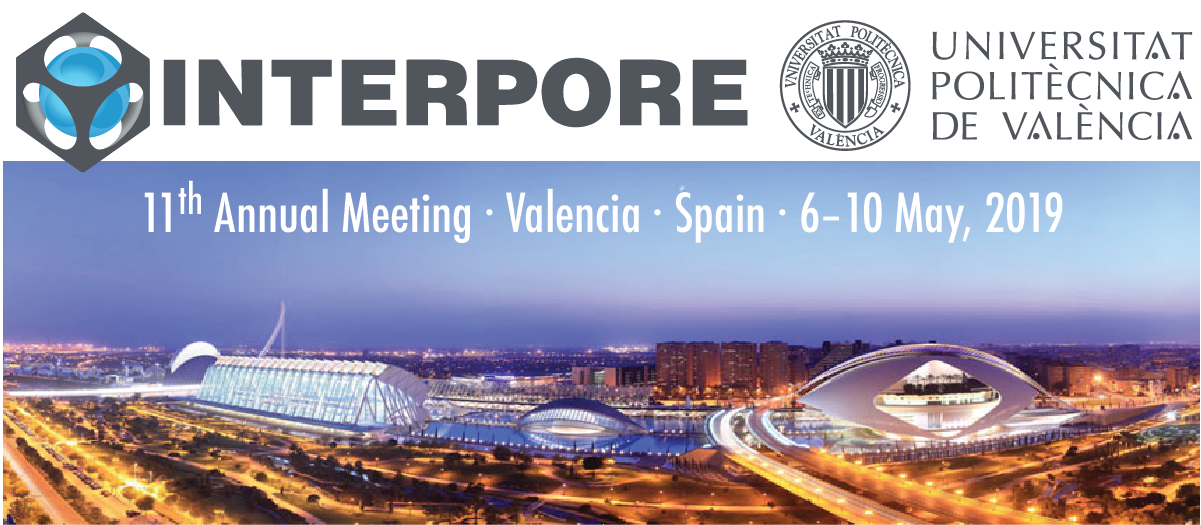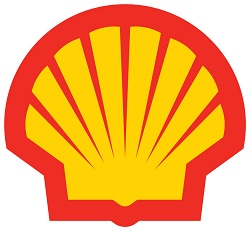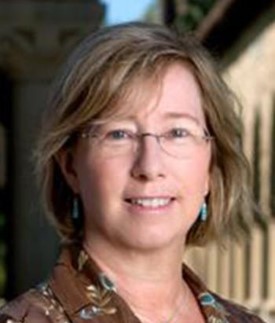 |
Prof. Sally M Benson
|
|
Title: Sally M. Benson joined Stanford University in 2007 where she is a professor of energy resources engineering in the School of Earth, Energy & Environmental Sciences, co-Director of the Precourt Institute for Energy, and Co-Director of the Stanford Center for Carbon Storage. Professor Benson is a hydrogeologist with broad experience working on a range from subsurface flow and transport problems, including geothermal energy, nuclear waste disposal, contaminant hydrology, and for the past 20 years, carbon dioxide capture and sequestration. In her role as Co-Director of the Precourt Institute for Energy, Benson is responsible for fostering cross-campus collaborations on energy and guiding the growth and development of a diverse research portfolio in energy research. Formerly, Benson was at Lawrence Berkeley National Laboratory, where she held a variety of key positions, including Deputy Director, Associate Director for Energy Sciences and Director of the Earth Sciences Division. She also uses energy systems analysis to help guide decisions about the most promising pathways for clean energy development. Benson received a B.A. in Geology from Barnard College and a M.S. and Ph.D. in Material Science and Mineral Engineering from U.C. Berkeley. |
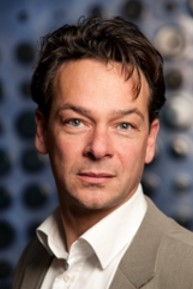 |
Prof. Daniel Bonn
|
|
Title: Prof. dr. Daniel Bonn, is professor of physics and head of the van der Waals-Zeeman Institute at the University of Amsterdam. He heads the ‘Soft Matter’ research priority area of the Faculty of Science, which brings together physicists, chemists, biologists and informatics people, similarly to the current proposal. Before coming to Amsterdam, he was a CNRS research director at the Ecole Normale Supérieure in Paris, where he led the ‘complex fluids’ group. He published more than 250 papers on wetting, complex fluids, hydrodynamics and mechanics with over 60 papers in Physical Review Letters, more than 15,300 citations and an H-index of 66. He is recipient of the first Marie Curie Excellence award, the most important scientific prize of the European Community for his ‘outstanding and ground-breaking’ work on complex fluids. He owns three patents. Over 30 PhD students have graduated under his supervision, many of whom now work at prestigious universities such as Oxford, Sorbonne, Paris and Osaka. Bonn currently supervises 8 PhD students, 3 postdocs, and 2 master students. In the past few decade or so, Bonn developed a large amount of industrial collaborations such as with Michelin, SKF and Unilever, Shell, DSM, Akzo Nobel, ASML etc. Bonn is also co-founder of the start-up company GreenA that just received a Round A investment from a venture capital firm. |
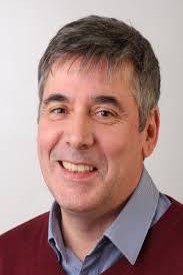 |
Prof. Jan Carmeliet
|
|
Title: Jan Carmeliet got his PhD in Civil Engineering at K.U.Leuven in 1992 and was postdoc at TU Delft in 1993-1994. He was in 2007 on sabbatical leave at the University of Illinois at Urbana Champaign and at Los Alamos Governmental Laboratories. His research resulted until now in more than 250 scientific journal papers and more than 30 PhD theses. His research interests concern urban climate and urban heat island mitigation, multiscale behaviour of porous and granular materials and their fluid interactions. |
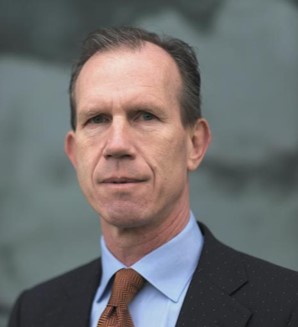 |
Prof. Jan Dirk Jansen
|
|
Title: Bio: |
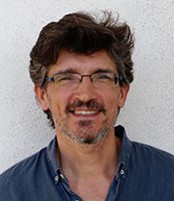 |
Prof. Amilcare Porporato
|
|
Titel: Bio: |
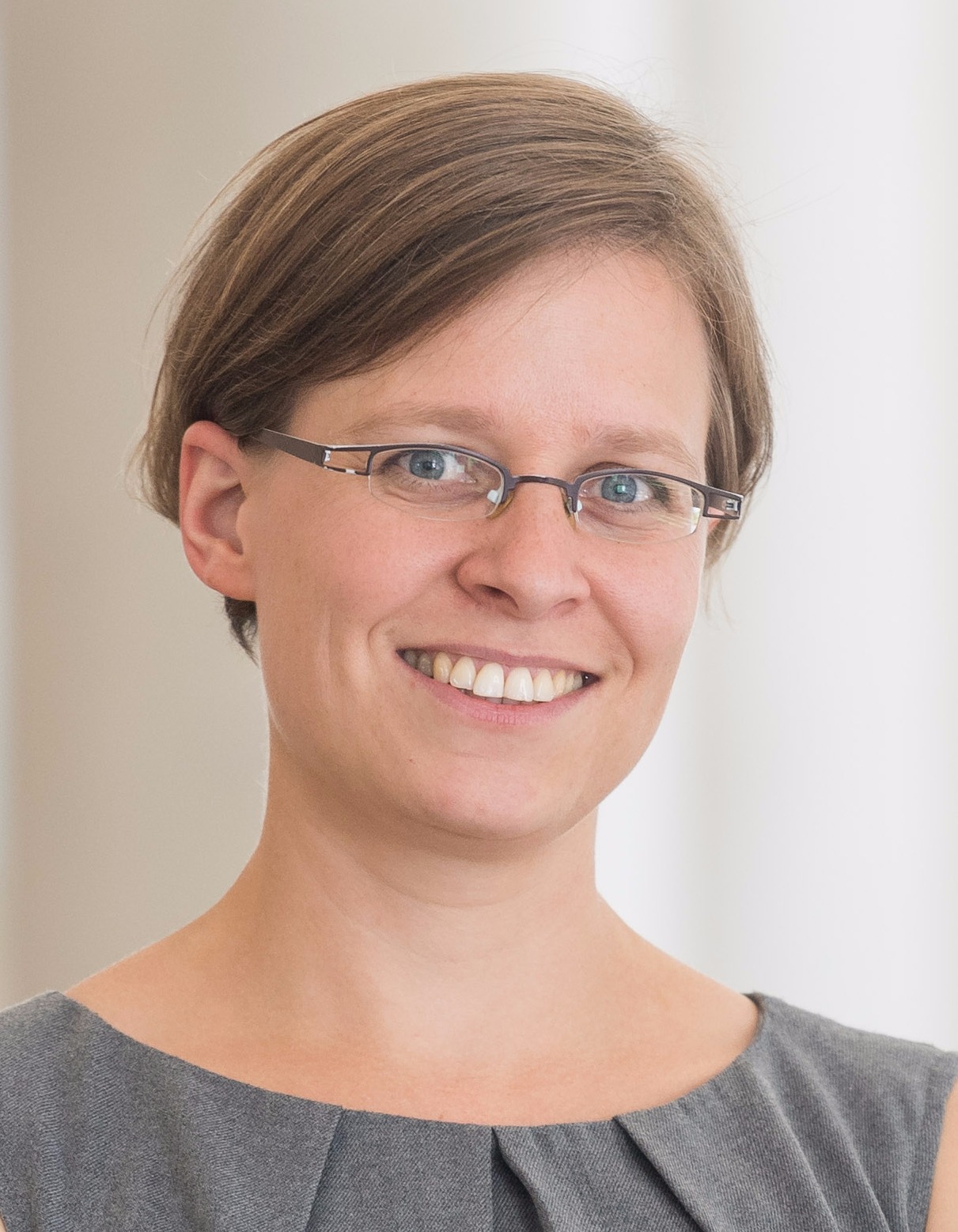 |
Dr. Veronika Schleper
|
|
Title: Bio: |
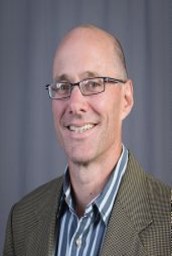 |
Prof. Charles Werth
|
|
Title: Bio: |
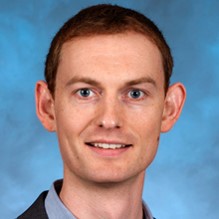 |
Dr. Joshua White
|
|
Title: Joshua A. White Bio:
|
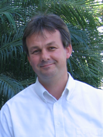 |
Prof. Matthias Thommes University Erlangen-Nürnberg |
|
Title: Bio: |
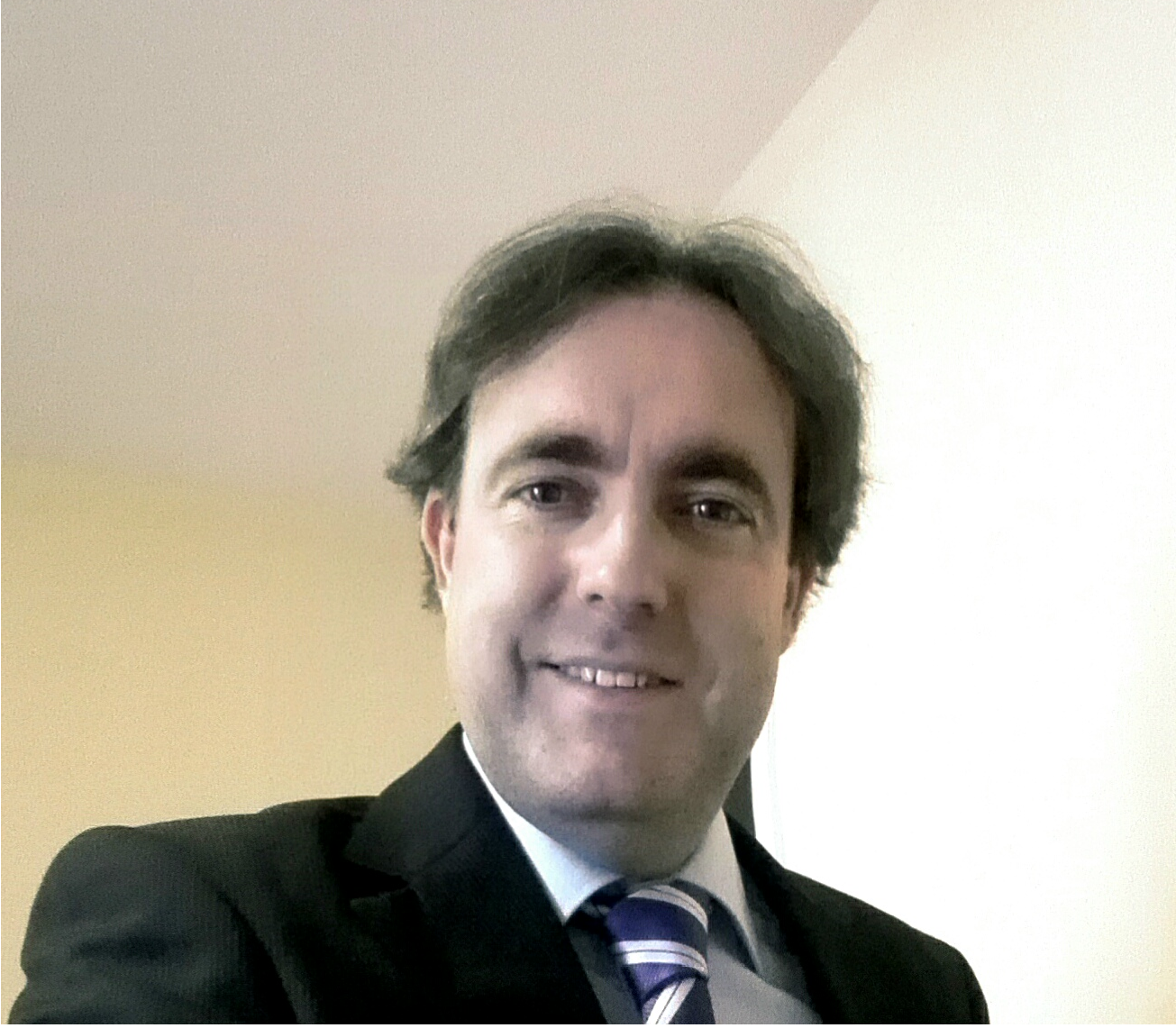 |
Dr. Francisco Perez Reche University of Aberdeen |
|
Title: Bio: |
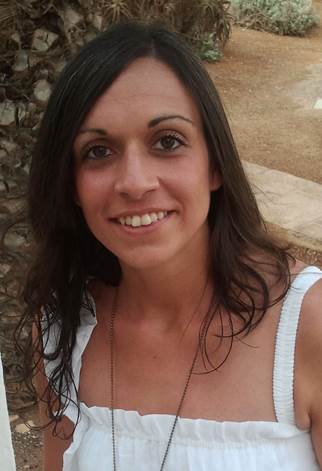 |
Dr. Carmen Rodrigo Cardiel University of Zaragoza |
|
Title: Bio: |
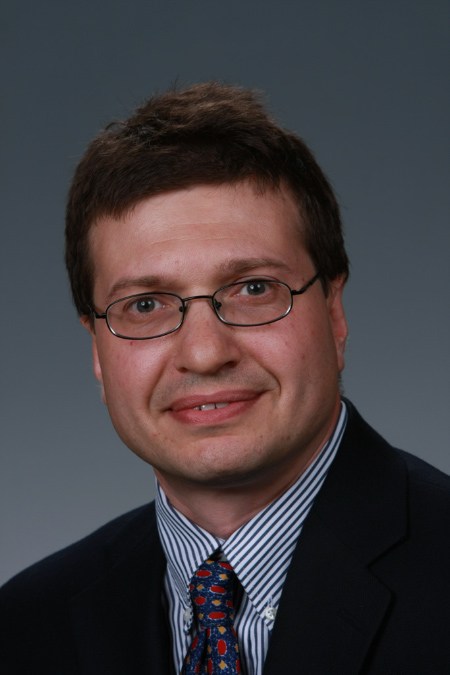 |
Dr. Alexandre Tartakovsky Pacific Northwest National Laboratory |
|
Title: Bio: |
